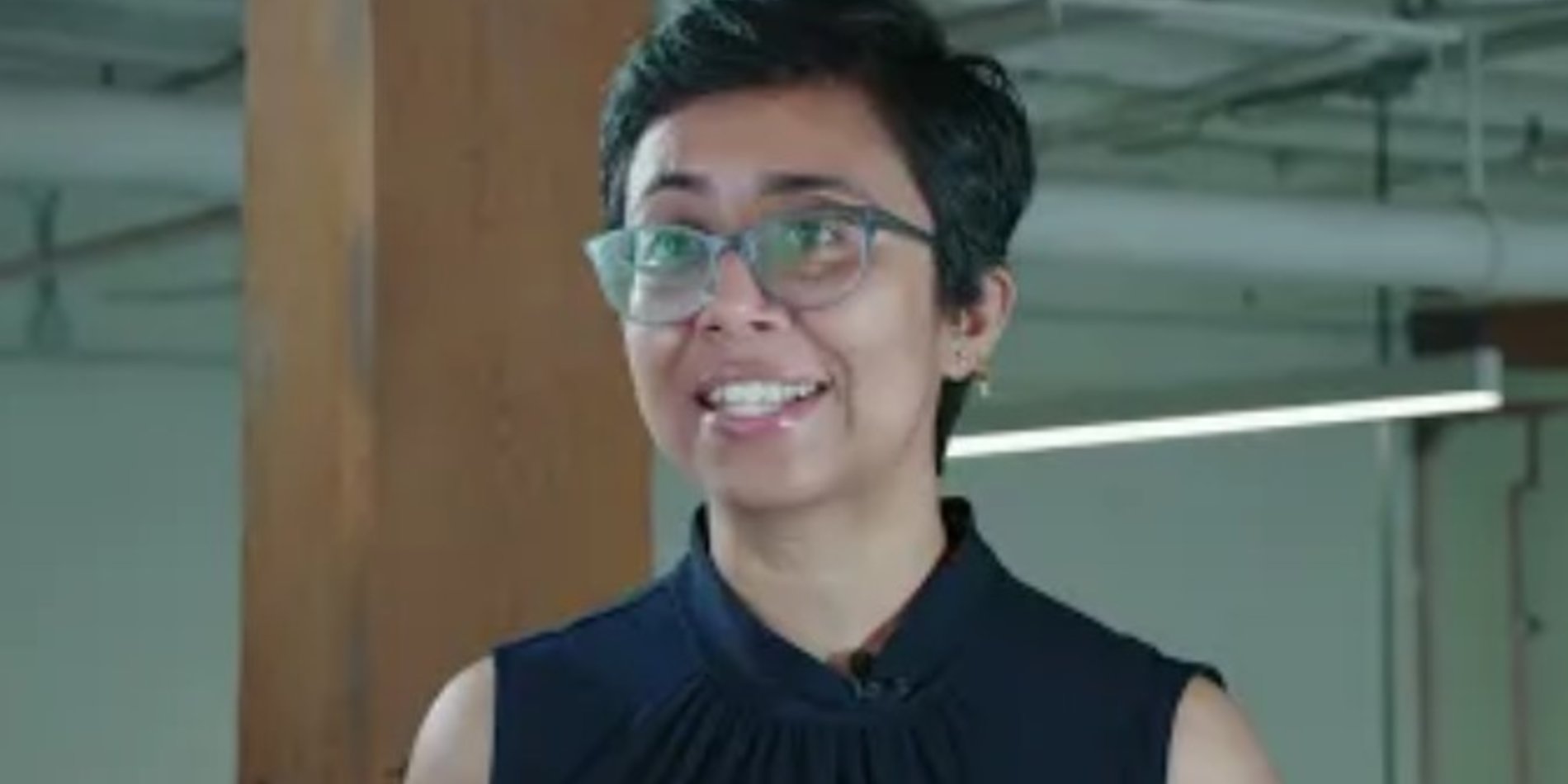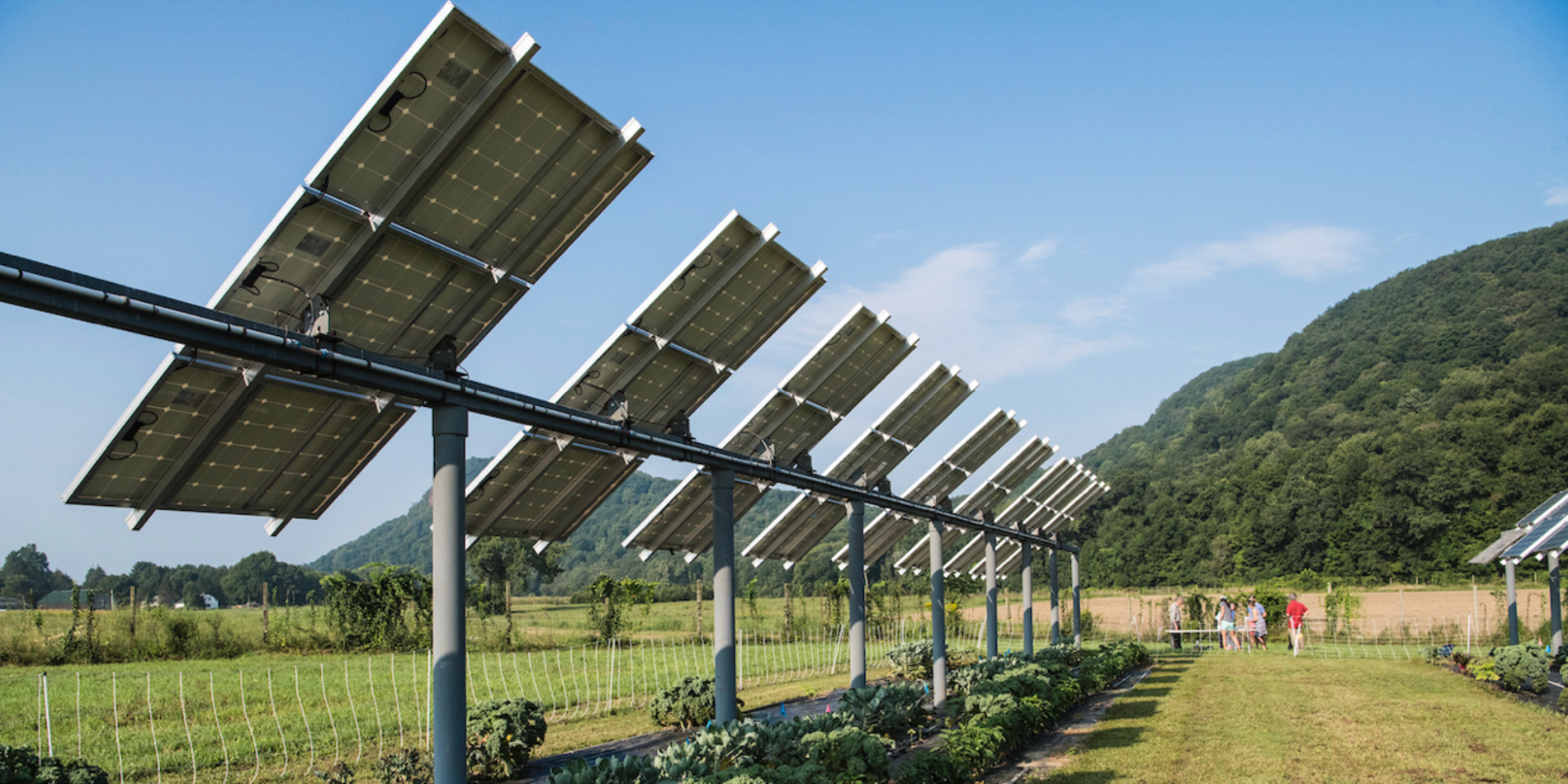Women Entrepreneurs in Cleantech Discuss Overcoming Gender Barriers

Women in technology face a gender gap much wider than that faced by women in other U.S. sectors, and that is no different for female entrepreneurs in sustainable technology.
While the situation has improved somewhat in the past couple decades, there is a long way to go, according to participants in the Women Entrepreneurs in Sustainability seminar organized by the TomKat Center for Sustainable Energy. Five female inventors and a pioneering investor shared their insights for overcoming the barriers, especially given that finding investors has been challenging for all cleantech entrepreneurs the past few years.
“This industry doesn’t look like America in terms of diversity, but you don’t solve a problem until you own it and turn a light on it,” said keynote speaker Nancy Pfund, managing partner of venture capital fund DBL Partners.
Diverse venture fund teams attract a diverse group of startups, said Pfund, and women-led, venture-backed companies have higher revenues than those operated by men. Of nine startups recently backed by DBL, six are run by women entrepreneurs, she said.

Still, according to one 2012 estimate, female-led ventures start with about an eighth of the funding of male-owned ventures, noted Stacey Bent, director of the TomKat Center. Individual investors, foundations, non-profit organizations and the government can offer a more level playing field. They are often committed to diversity as well as sustainability and the financial success of the ventures they support.
Eight of the 24 Stanford startups backed by the TomKat Center’s Innovation Transfer Program have at least one woman on the founding team. And, of the 68 students who have gone through the program to date about 25 percent are women.
One of those startups, PastureMap, is seeking to make cattle ranching more sustainable and profitable with its mobile, cloud-based software. Christine Su, chief executive and founder, echoed Pfund’s suggestion about owning a problem, but at the micro level.
“I’m female, Asian and under 40 years old, and I work with ranchers, another male-dominated profession,” said Su. “But we’ve got a cleaner, better way to produce grass-fed beef,” which is in high demand and short supply in the United States.
“For me, it was about finding the confidence to replace the swagger that I saw in some male founders that I didn’t have,” explained Su (BA ’08, MS/MBA ’14). “I got it from talking with hundreds of potential customers to make sure our product would be useful.”
Some of the challenges faced by women entrepreneurs are faced by their male counterparts.
“It’s hard in a materials science start up to raise the kind of money software startups can, so I turned to the National Science Foundation and the Department of Energy for backing, said Whitney Gaynor (PhD ’10), co-founder of Sinovia Technologies.

Etosha Cave (PhD ’14) and Kendra Kuhl (PhD ’13) of Opus12, and Molly Morse (PhD ’10) of Mango Materials have also received support from government agencies, non-profits and private investors to further develop their inventions.
“Knowing you’re the expert in what you’re doing will give you confidence in talking about your startup and about your passion,” said Gaynor, whose company seeks to make transparent conductors based on an alternative to the expensive and inflexible material used today.
In the end, women entrepreneurs should not waste time “wondering if somebody didn’t call you because you’re a woman,” said Su. “Save your emotional energy for people who deserve it.”



